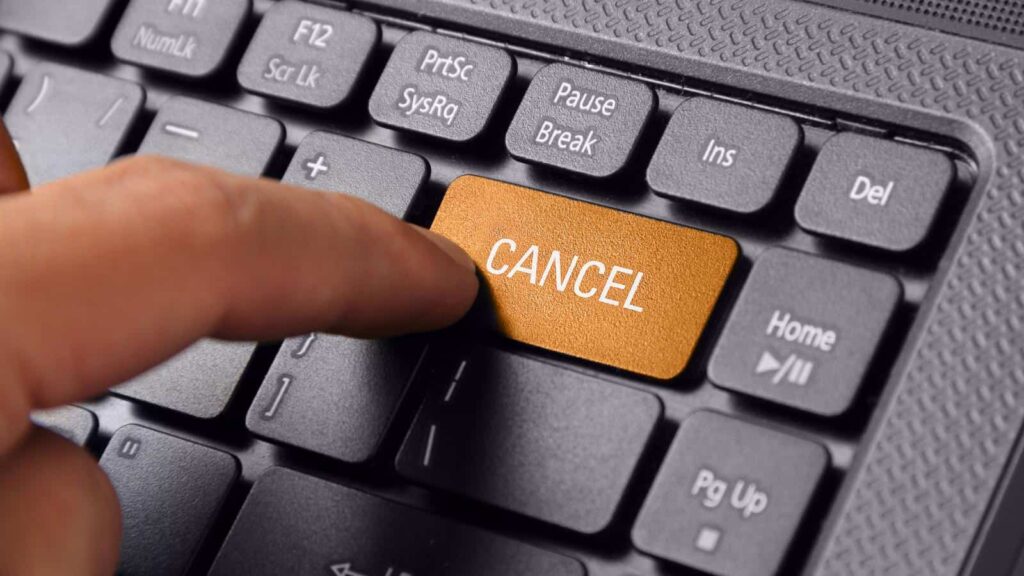In recent years, it seems like everything we say or do is scrutinised through the lens of political correctness. While respecting others and being inclusive is incredibly important, some people feel that the UK might be taking things a bit too far. Here are 18 signs that the UK might be becoming a bit too PC.
Over-the-Top Censorship

“The vast majority of Brits are against cancelling old movies and TV shows with content that is now considered to be offensive,” reports the Daily Mail. It feels like we can’t watch a TV show or listen to a radio programme without encountering a long list of warnings, and this over-the-top censorship is making it difficult to enjoy even the most innocent of entertainment.
The Language Police

Every day, it seems like there’s a new list of words and phrases that we’re no longer allowed to say. While avoiding genuinely offensive language is important, the constant policing of everyday speech can make conversations feel like walking through a minefield. People are afraid to speak their minds or even joke around with friends.
Overly Sensitive Universities

Universities were once places where students could engage in robust debates and be exposed to a wide range of ideas, but now, many universities are more focused on protecting students from anything that might upset them. This shift towards creating “safe spaces” at the expense of open dialogue can stifle free speech and critical thinking.
Banning Traditional Celebrations

Some traditional celebrations are being toned down or even cancelled in the name of political correctness. For instance, Christmas events are sometimes rebranded as “winter festivals” to avoid offending those who don’t celebrate the holiday. This can make people feel like their cultural traditions are being erased.
Over-Regulated Comedy
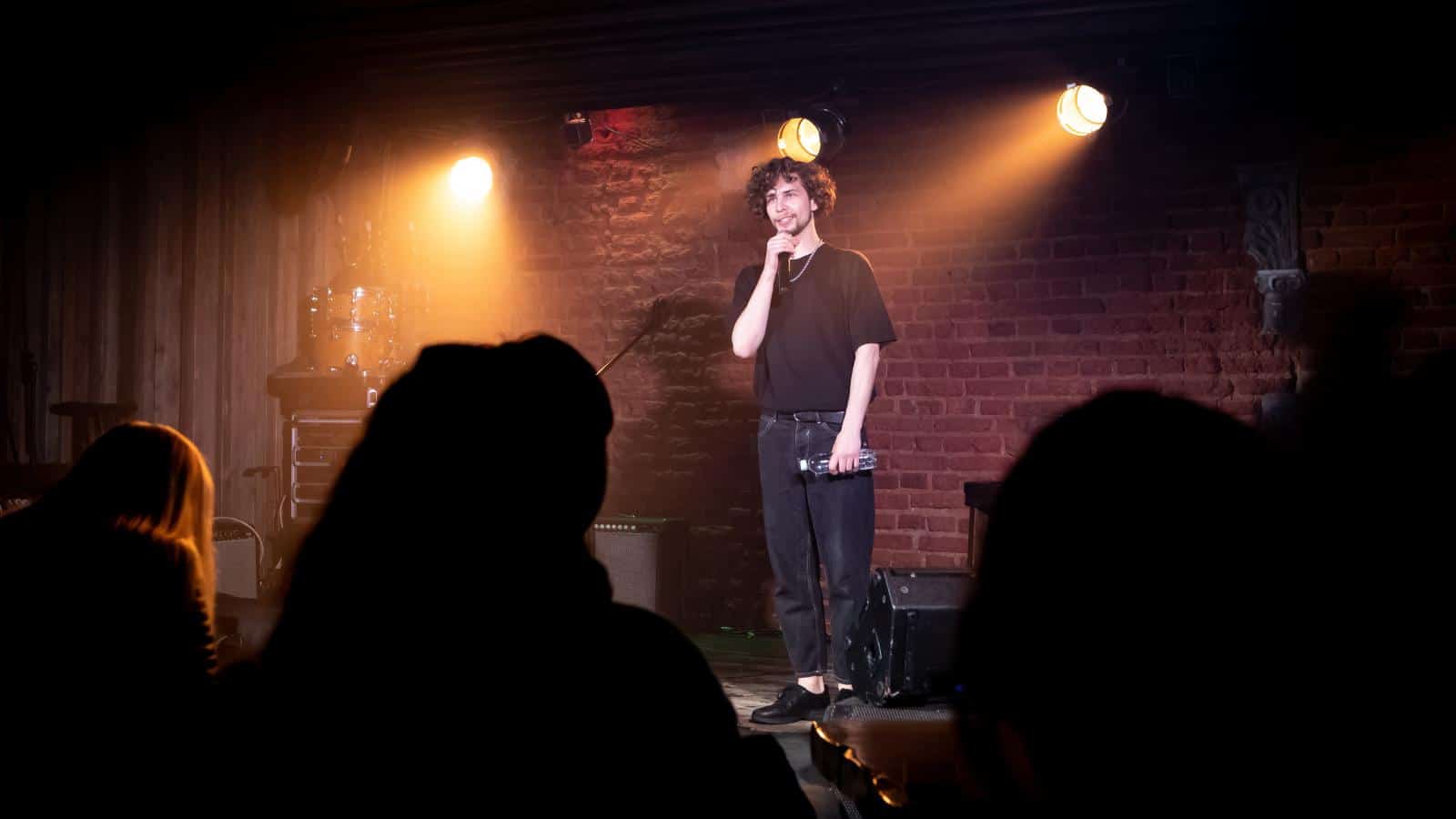
Comedy is all about pushing boundaries and making people laugh, often by addressing uncomfortable truths. However, comedians now have to be extremely cautious about their material. Many worry that one wrong joke could end their careers, leading to a much less diverse comedy scene.
Excessive Trigger Warnings

While it’s good to give people a heads-up about potentially upsetting content, trigger warnings are becoming so widespread that they can seem excessive. From literature to lectures, almost everything comes with a warning, which can dilute the impact of genuinely important messages.
Corporate Overcorrection

Companies are jumping on the PC bandwagon by changing long-standing product names, logos, and mascots to avoid offending anyone. While inclusivity is crucial, these changes often come across as hollow attempts to appease a vocal minority rather than genuine efforts to improve society.
Cancel Culture
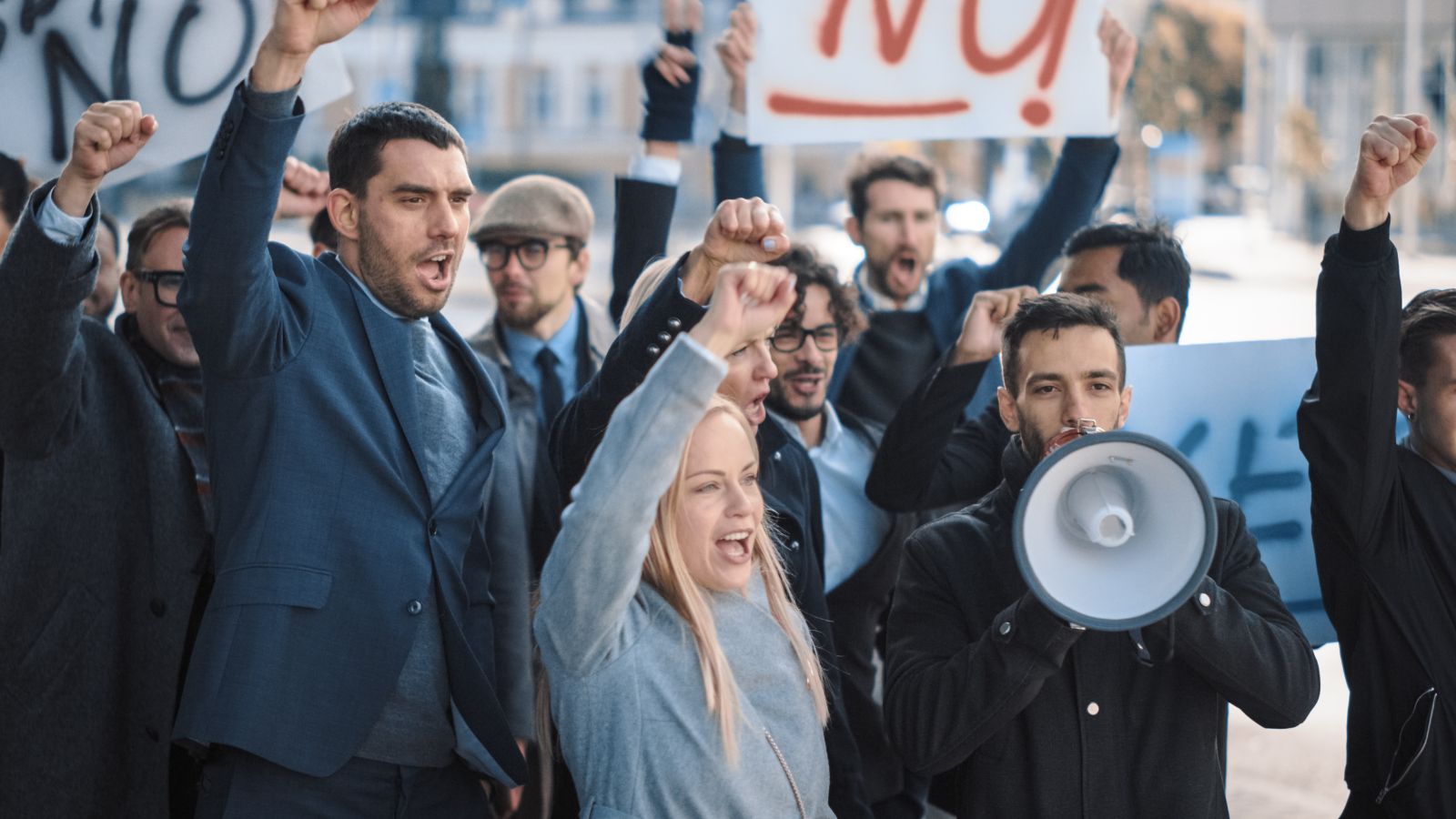
On the rise is cancel culture, where people are quick to call for boycotts and punishments for those who say or do something deemed politically incorrect. This culture of public shaming and instant backlash can ruin careers and lives. It’s often without a fair chance for the accused to explain or apologise.
Social Media Outrage
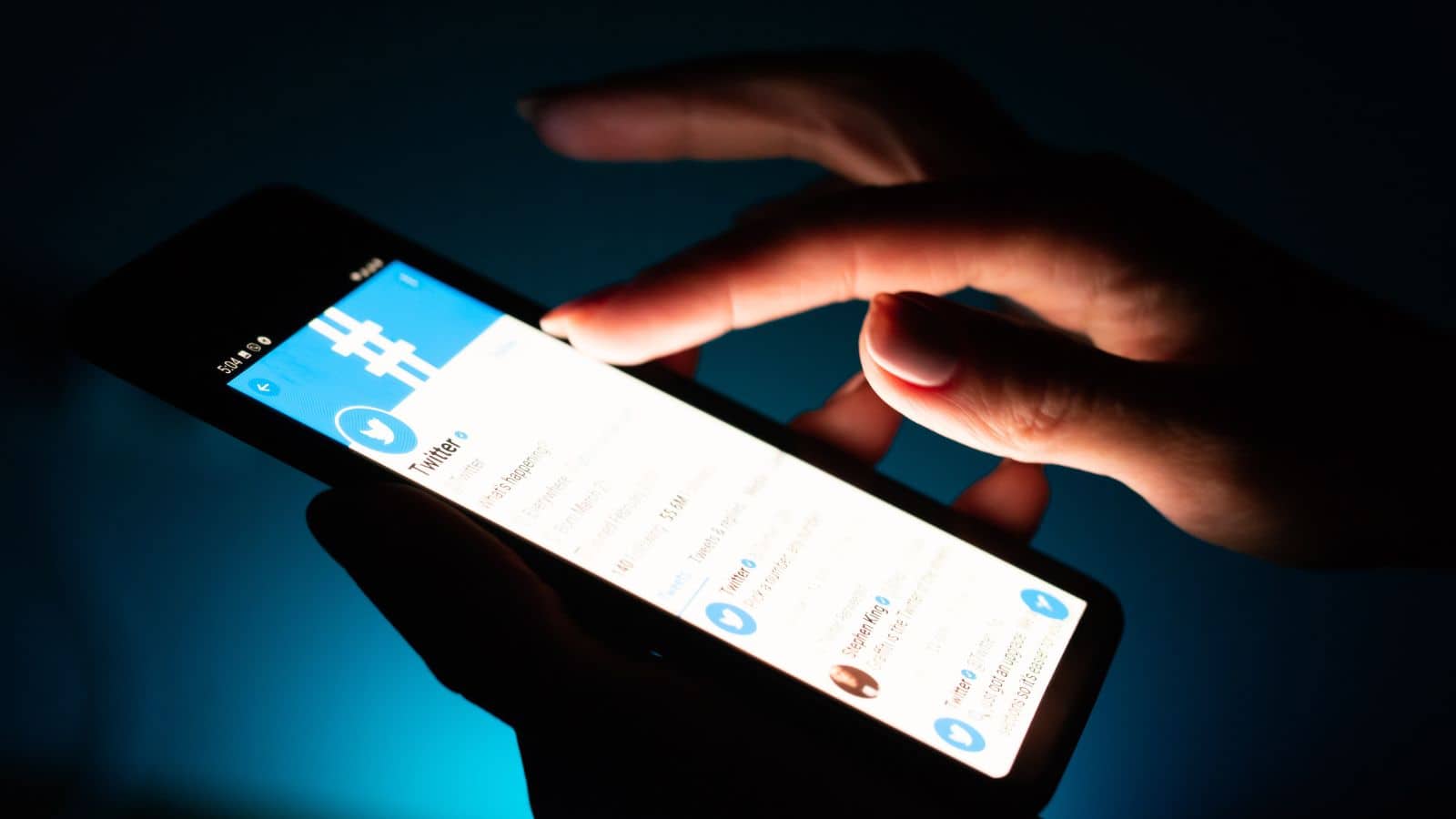
Social media platforms are hotbeds of PC outrage, where users are quick to criticise and attack anyone who steps out of line. The pressure to conform to ever-changing standards of what is acceptable can stifle creativity and honest expression, as people fear the wrath of the online mob.
Policing Halloween Costumes

Halloween used to be a time for fun and creativity, but now it’s become a battleground for political correctness because people are scrutinised for their costume choices. This includes accusations of cultural appropriation and insensitivity, which has led to a lot of confusion and stress over what should be a light-hearted event.
Overemphasis on Identity Politics
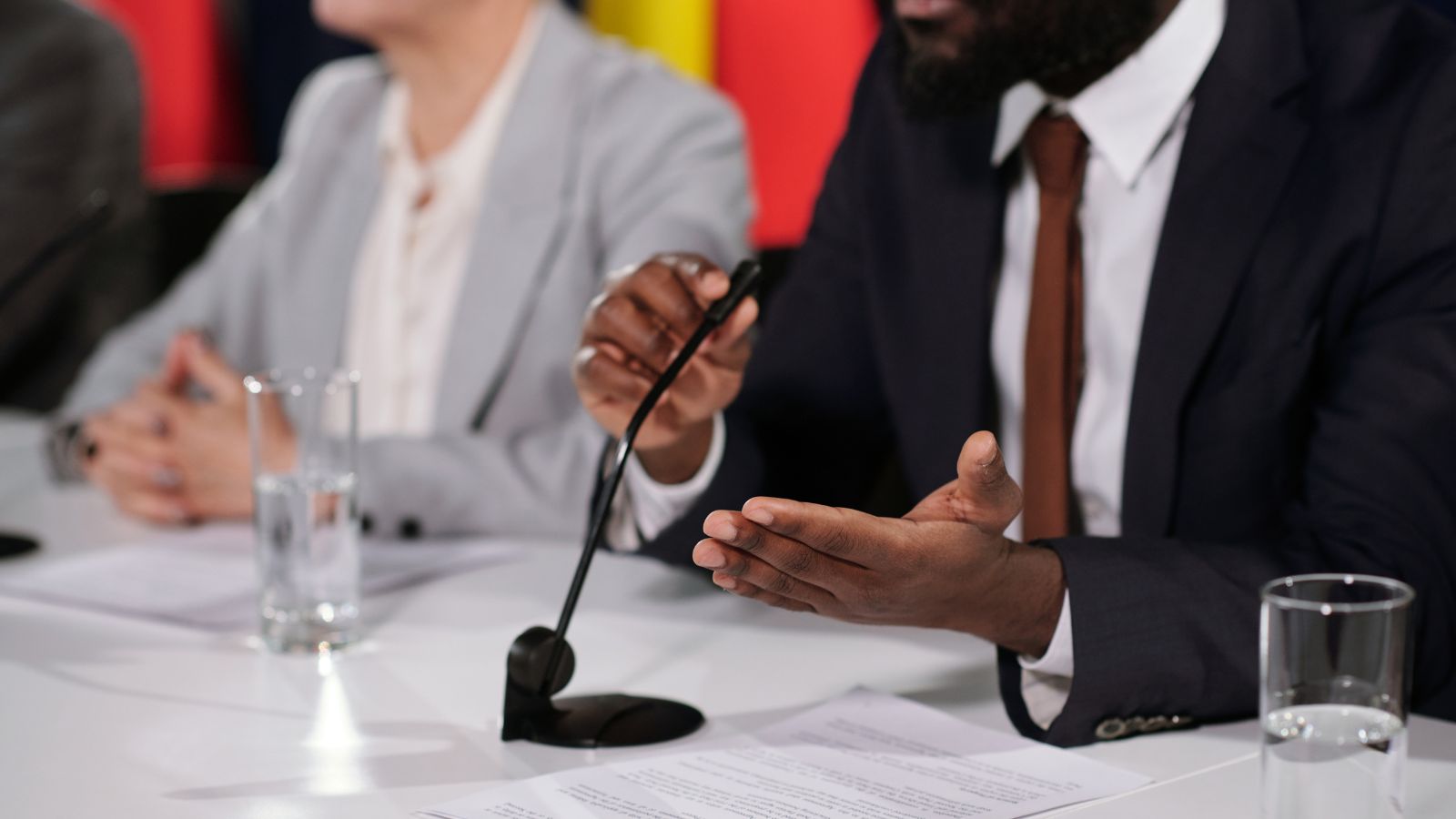
Identity politics is becoming dominant in many aspects of UK life, including politics and entertainment. While recognising and addressing inequalities is important, the focus on group identities over individual experiences can be divisive and create an environment where people feel they have to walk on eggshells.
Scrutinising Historical Figures

Historical figures are also being re-evaluated through a modern lens, and many are being judged harshly by today’s standards—statues are being toppled, buildings are being renamed, and curricula are being revised. Acknowledging past injustices is important, but this approach can oversimplify history.
Redefining Gender Norms
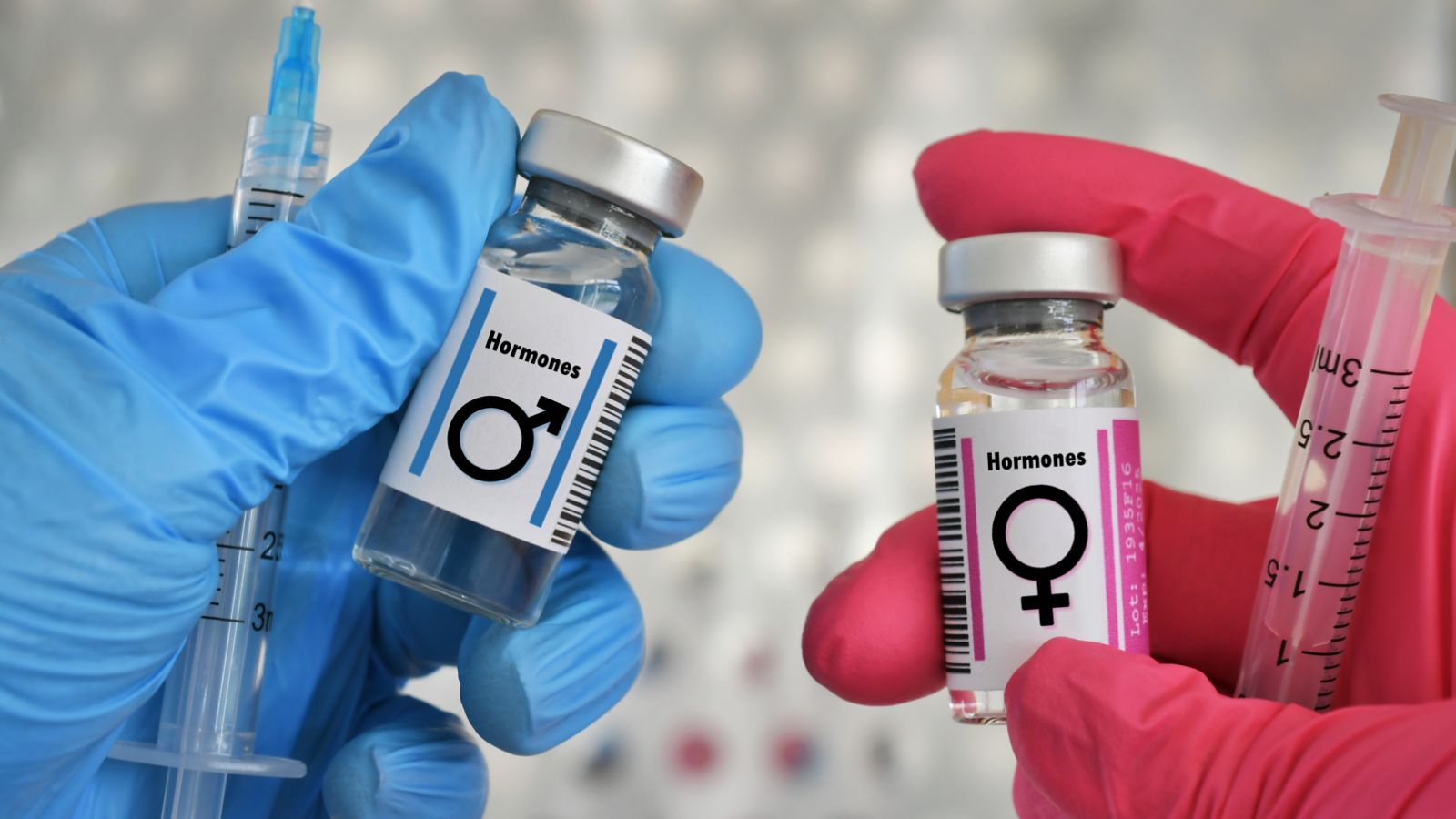
The conversation around gender identity is important, but the rapid pace of change and the pressure to immediately adopt new norms can be overwhelming. People are often afraid to ask questions or make mistakes, leading to a climate of fear rather than understanding.
Overloading on Inclusivity Training

Workplaces are increasingly requiring employees to undergo extensive inclusivity training sessions, and while the intention is good, the sheer volume of these sessions can feel like overkill. Employees might start to tune out important messages because they feel inundated by constant reminders.
Sanitising Children’s Literature

Children’s books are being rewritten or removed from shelves if they contain content that is now considered inappropriate. While updating some outdated stereotypes can be beneficial, too much sanitisation can strip away the richness of classic literature and the lessons it offers.
Excessive Focus on Microaggressions

Microaggressions—subtle, often unintentional slights—are a hot topic. Addressing these can improve communication and respect. However, the intense focus on them can make interactions feel overly scrutinised and strained, as people might worry excessively about offending others all of the time.
Redefining Holidays
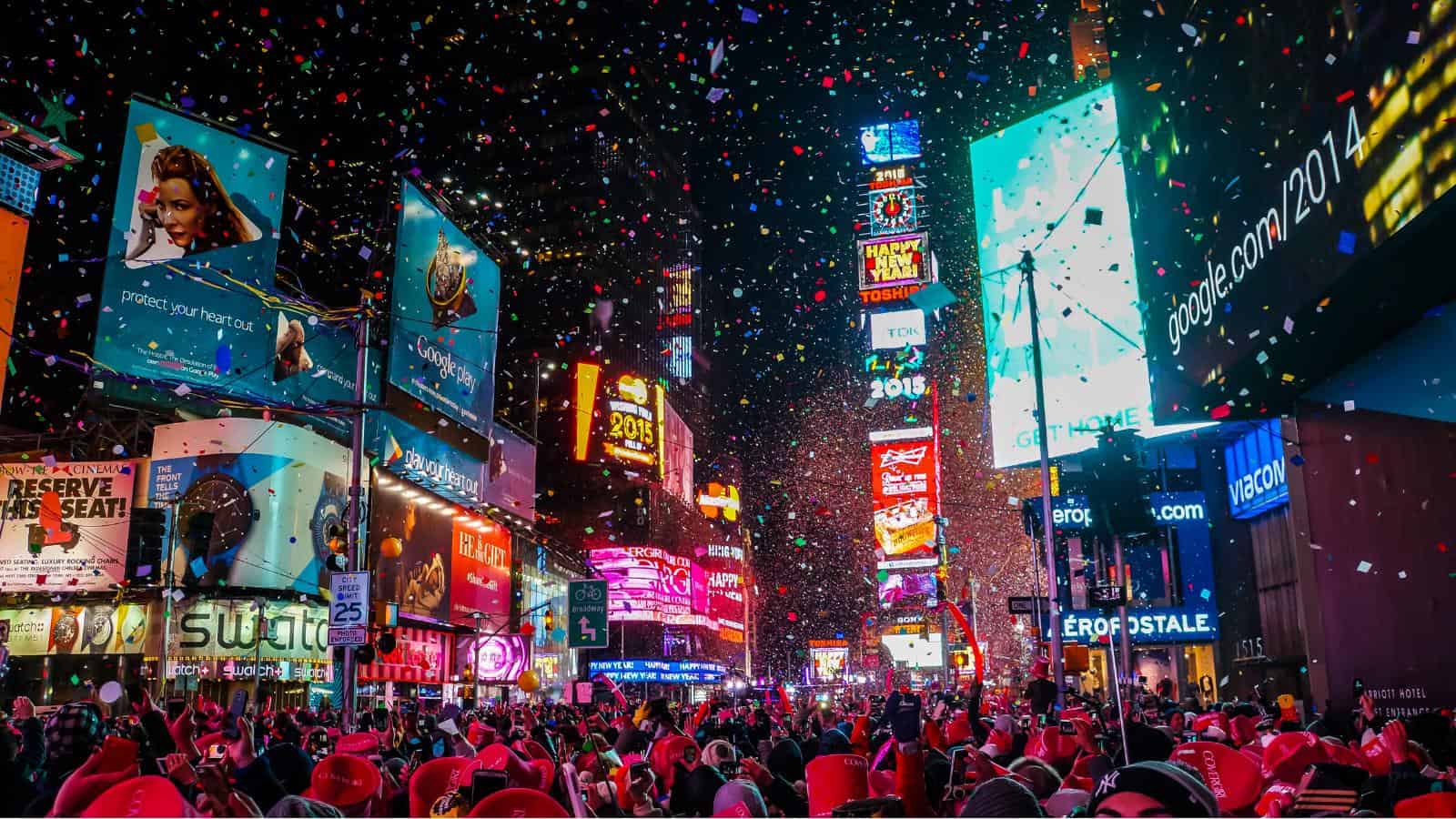
Efforts to make holidays more inclusive by changing names and traditions can sometimes go too far. While inclusivity is important, altering well-loved holidays can make people feel like their traditions are being compromised or erased in the name of political correctness.
The Stifling of Debate
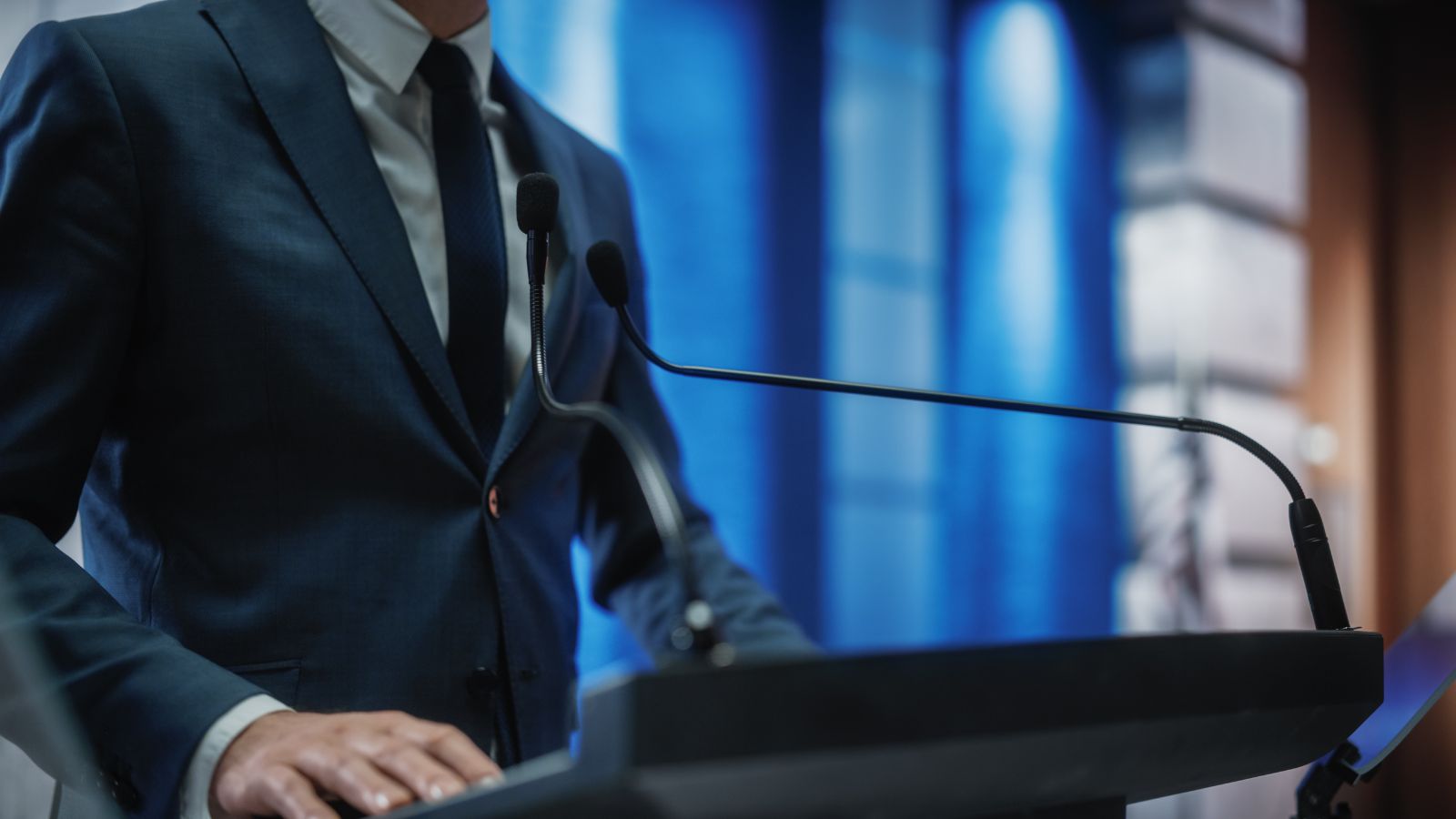
Lastly, debate and disagreement are natural parts of any healthy society, but the fear of being labelled as politically incorrect can stifle open discussion. People may be hesitant to voice their opinions or challenge prevailing ideas, leading to a less democratic society.

